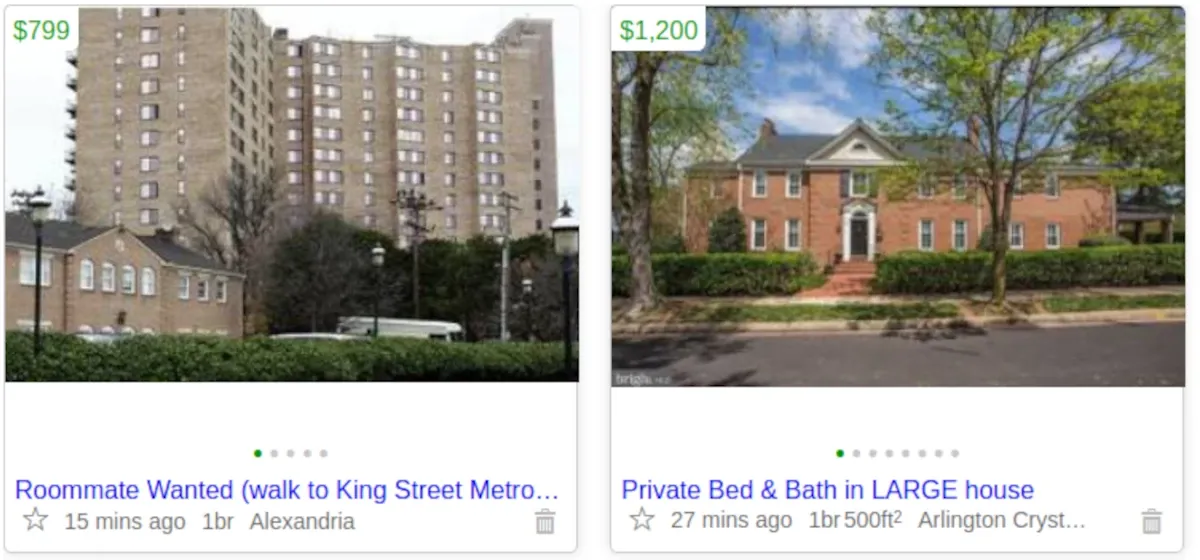The reviews were five-star but the FTC says their truthfulness was one-star
Roomster is being ordered to stop using fake consumer reviews and bogus listings as part of a settlement with the Federal Trade Commission and six states.
The agency charged that Roomster bought fake reviews to entice consumers to pay for access to living arrangement listings that they claimed were verified, authentic, and available but that often turned out to be fake.
In its complaint, the FTC, joined by attorneys general from New York, California, Colorado, Florida, Illinois and Massachusetts, also charged that Roomster and its owners, either directly or through affiliate marketers, used phony listings on other sites like Craigslist to drive consumers to Roomster’s platform, where they paid fees only to discover the listings didn’t exist.
“Today’s settlement bans Roomster and its owners from buying or incentivizing reviews, cuts off their ability to blame phony listings on their affiliate marketers, and requires them to pay monetary judgments to our six state partners,” said Samuel Levine, Director of the FTC’s Bureau of Consumer Protection.
“Baiting renters with fake reviews and bogus listings harms those trying to find an affordable place to live and cheats honest competitors, undermining the online marketplace,” Levine said.
Five-star listings
The FTC says New York-based Roomster saturated the internet with tens of thousands of four- and five-star fake reviews that it largely bought from Jonathan Martinez, doing business as AppWinn, who already agreed to settle the FTC’s charges.
Consumers who paid for Roomster’s service complained that many of the company’s listings for living arrangements were fake and that, contrary to its promises, Roomster failed to verify that its listings were legitimate and authentic, according to the FTC.
The proposed order also includes a monetary judgment of $36.2 million and civil penalties totaling $10.9 million payable to the states. These amounts will be suspended after Roomster and its owners pay $1.6 million to the six states based upon the defendants’ inability to pay the full amount.
The order also prohibits them from misrepresenting: that any review is truthful or represents a real user; that any rental listing is verified, authentic, or available; or any other material fact. It also requires Roomster to take steps to monitor its affiliate marketers.
This includes routinely reviewing their marketing materials without notice; investigating consumer complaints about affiliates; providing refunds to consumers who were impacted by affiliate conduct that violated the order; and halting payments and terminating affiliates who pose as consumers or misrepresent their status in other ways.

